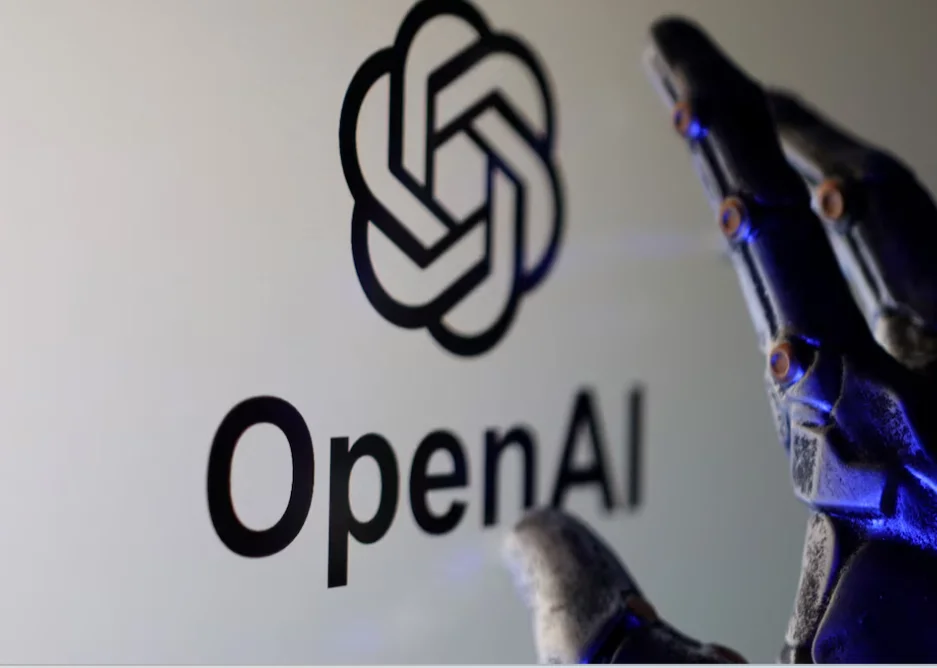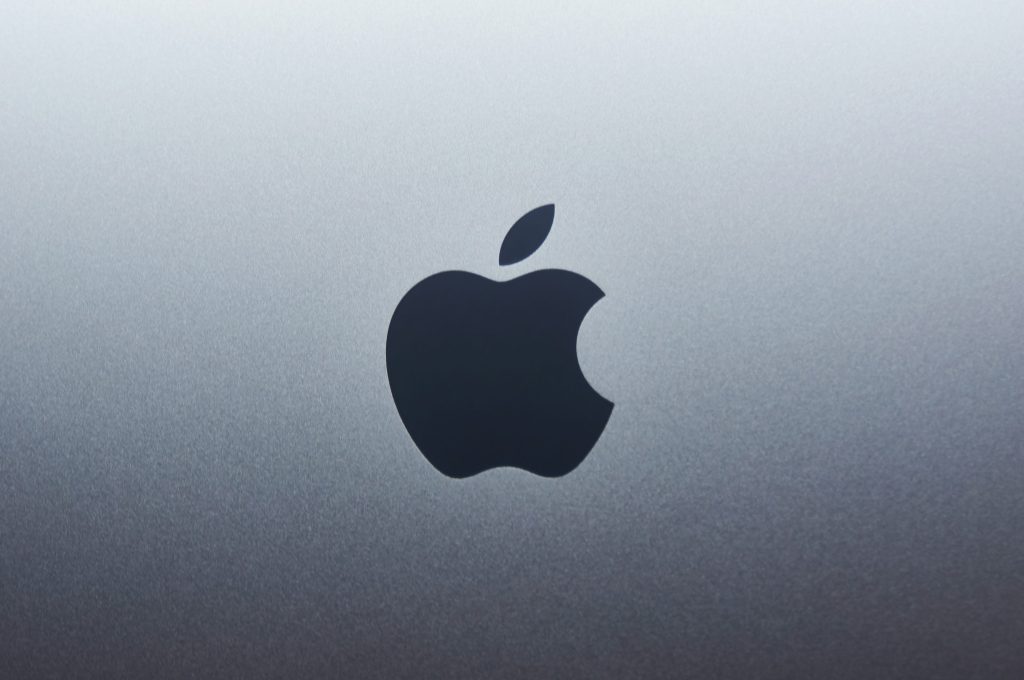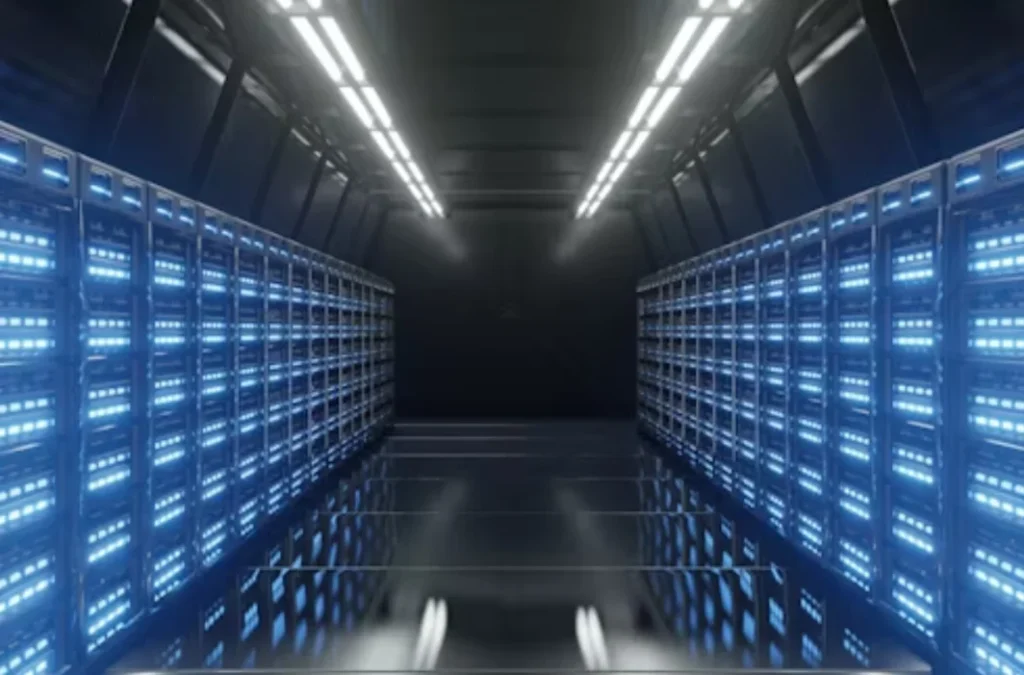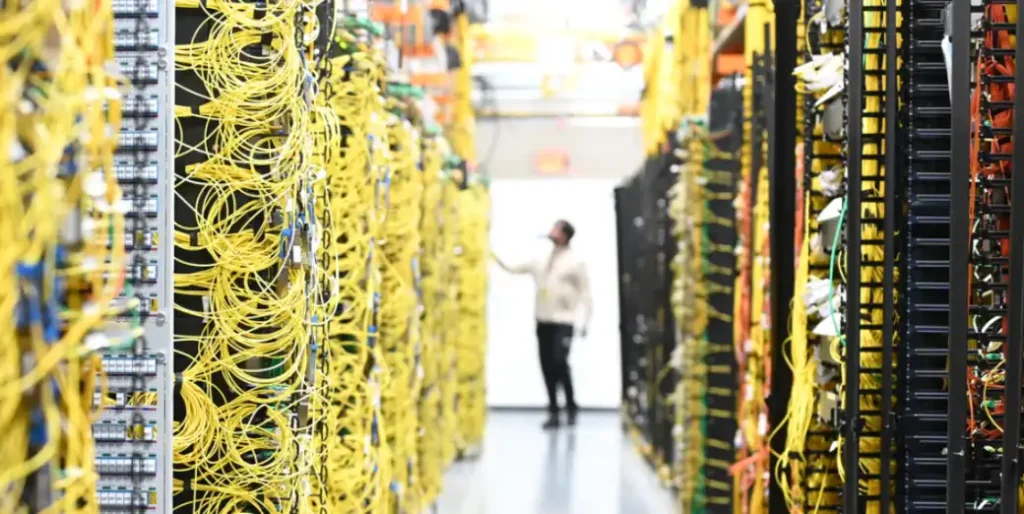OpenAI CEO Sam Altman recently disclosed the environmental cost of using ChatGPT, aiming to address growing public interest in the sustainability of AI tools. In an official post on X (formerly Twitter), Altman revealed that a single ChatGPT query consumes only 0.34 watt-hours of electricity and 0.000085 gallons of water, equivalent to the power a lightbulb uses in a couple of minutes and just a fraction of a teaspoon of water.
How Much Energy and Water Does a ChatGPT Query Use?
According to Altman:
- Each query uses about 0.34 watt-hours of electricity
➤ Comparable to what an oven uses in just over one second
➤ Equivalent to a high-efficiency lightbulb running for two minutes - Each query consumes 0.000085 gallons of water
➤ Approximately 1/15th of a teaspoon
These figures reflect the increasing efficiency of AI systems as OpenAI continues to innovate on both the software and hardware fronts. Altman emphasised that as data centre operations become more automated, the cost of intelligence will decrease significantly, likely converging with the cost of electricity in the long term.
“The cost of intelligence should eventually converge to near the cost of electricity,” Altman stated.
AI Disruption and the Future of Work
Altman also addressed the broader societal implications of rapid AI advancement. He acknowledged that AI will inevitably disrupt traditional employment, with entire job categories potentially becoming obsolete.
“There will be very hard parts like whole classes of jobs going away,” Altman wrote.
However, he remained optimistic, suggesting that the pace of innovation and wealth creation driven by AI could open the door to bold new policy initiatives.
“The world will be getting so much richer so quickly that we’ll be able to seriously entertain new policy ideas we never could before.”
A Gradual Shift Toward a New Social Contract
Altman believes societal transformation will happen incrementally. While a new social contract won’t be adopted all at once, the gradual evolution will, over time, create profound long-term changes.
“We probably won’t adopt a new social contract all at once, but when we look back in a few decades, the gradual changes will have amounted to something big.”
Why Humans Still Have an Edge Over AI
Despite AI’s growing capabilities, Altman underscored the emotional and empathetic strengths that remain uniquely human.
“People have a long-term important and curious advantage over AI: we are hard-wired to care about other people and what they think and do, and we don’t care very much about machines.”
He predicted that as AI continues to evolve, people will develop new desires, purposes, and creative outlets, just as they have during previous industrial revolutions.
“Expectations will go up, but capabilities will go up equally quickly, and we’ll all get better stuff. We will build ever-more-wonderful things for each other.”
Key Takeaways: ChatGPT and Sustainable AI
- A single ChatGPT query uses 0.34 Wh of electricity and 0.000085 gallons of water.
- OpenAI aims to reduce the cost of intelligence to near the cost of electricity.
- AI will disrupt jobs but also create new wealth and policy opportunities.
- Societal transformation will be gradual but significant.
- Human empathy remains a unique and powerful advantage over machines.











